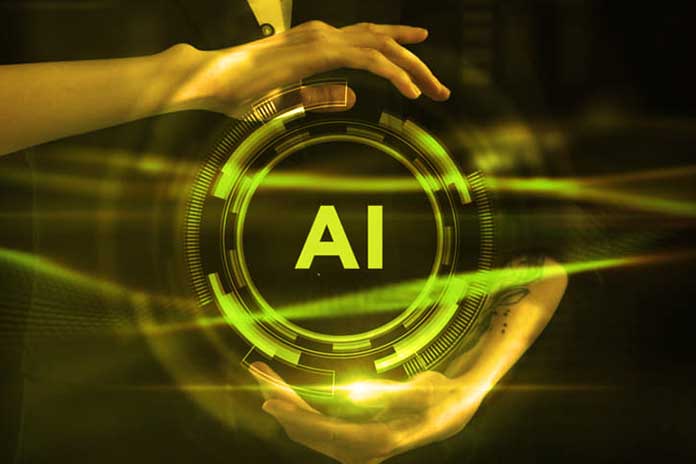To maintain their competitive advantage, companies must not only keep pace in an era of rapid technological advances, but also be at the forefront of innovation. Artificial intelligence (AI) is one of these innovative topics. AI has been on the minds of most companies since ChatGPT came to market at the latest. But that is just the beginning, because AI has long since outgrown its infancy in some areas and is developing rapidly. In their own interest, every company should know the basics of AI at least in their own area, if not even apply them. However, access to the topic of AI is not easy. The key to a better understanding of AI is hands-on experience. It has been proven that people are generally much better at accepting, storing and processing information that they have experienced, felt or tried out themselves. And it’s no different when getting to know AI.
Artificial intelligence learning journeys
Gain practical experience, meet experts, try out new things and get inspiration for your own business context – that’s what learning trips to artificial intelligence offer. The aim is not only to acquire knowledge, but learning trips also aim to get to know innovative methods and then integrate them into your own company and into your own innovative strength. Building on lectures on the basics of AI through practical experiences and encounters with proven experts, the learning travelers explore how AI shapes everyday business life in other industries or organizations. Learning trips are more than just a knowledge adventure; they are a strategically important and correct step into a future driven by innovation. The concept includes the collection of practical experience, networking and the exchange of experiences, as well as the transfer into corporate practice and the start of the implementation phase.
Gain practical experience
AI learning trips enable participants to not only understand AI theoretically, but also to experience it in practice. Direct contact with real applications and local experts creates a deep connection to the topic and promotes lasting understanding. The world of AI is evolving rapidly. In order to stay up to date, the learning travelers can explore the trends directly on site. This early detection of developments in its industry usually gives the company a competitive advantage as it is able to react to changes much more quickly.
Networking and sharing experiences
A learning trip offers the unique opportunity to exchange ideas intensively with experts and like-minded people. This exchange of experiences and ideas during the trip not only strengthens individual knowledge, but also promotes the development of effective networks that will be invaluable for future projects.
Transfer into corporate practice
A clear transfer strategy is absolutely necessary in order to effectively transfer what has been learned into the company. Workshops, training courses and internal discussions usually play an important role here. The participants on the learning journey can share their knowledge with their colleagues and, last but not least, develop strategies together on how the new findings can be integrated into daily work practice.
Pilot projects and “proof of concepts”
It is advisable to start smaller pilot projects or “proof of concepts” in your own company after a successful learning journey in order to make the implementation of AI easier. The knowledge acquired is immediately applied in concrete projects and the feasibility of AI applications in a corporate context is tested.
Involvement of managers
The support of the management level is crucial so that the acquired knowledge is successfully transferred into company practice. Participants in the learning journey should present their findings and recommendations clearly and convincingly to stimulate the interest of decision-makers and promote strategic integration of AI. In this context, it is very important not to neglect employees who are already competent in the AI topic – even if they are not managers.
Conclusion
AI learning journeys are much more than an opportunity to simply acquire knowledge. Rather, they are a powerful tool for creating a solid foundation for the successful implementation of AI in the company. The practical experiences, the intensive exchange with experts and the direct confrontation with real applications offer a unique learning environment. This not only enables a deeper understanding of the AI principles, but also a concrete idea of how these principles can be applied in a business environment. The learning journey does not end with the acquisition of knowledge, but is the beginning of a successful implementation phase.
Also Read: Artificial Intelligence Has An Impact On Corporate Culture

